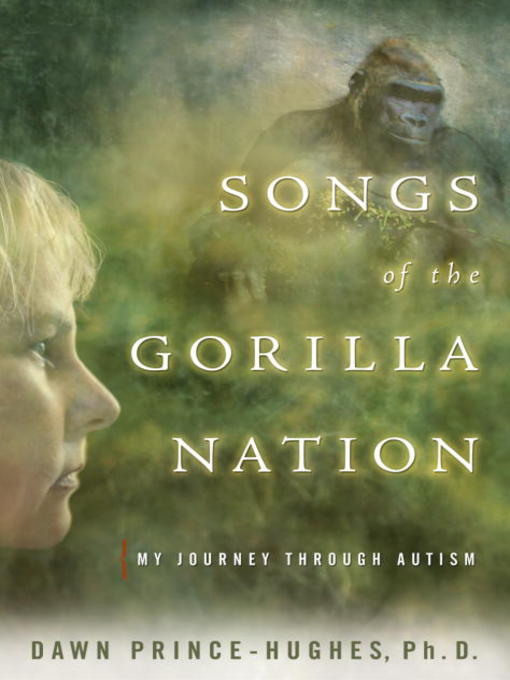- Lucky Day Express
- Available now
- New eBook additions
- Book Club Picks
- New kids additions
- New teen additions
- Most popular
- Try something different
- See all ebooks collections
- Lucky Day Express
- Available now
- Audiobooks for the Whole Family
- New audiobook additions
- New kids additions
- New teen additions
- Most popular
- Try something different
- See all audiobooks collections



